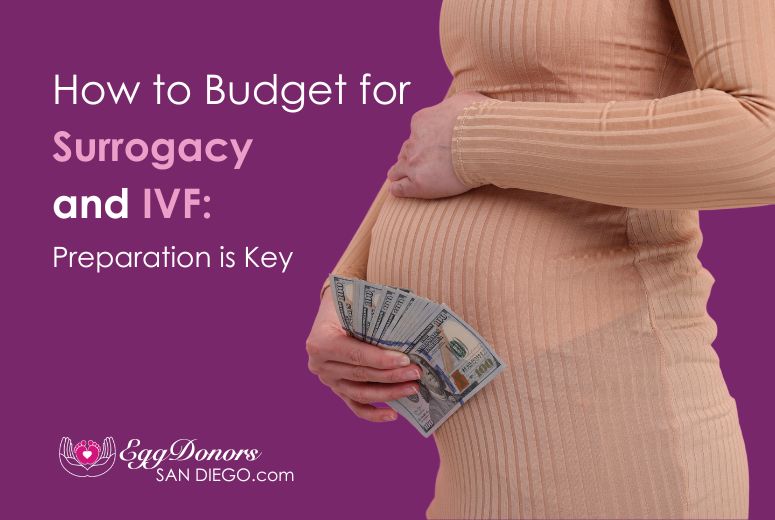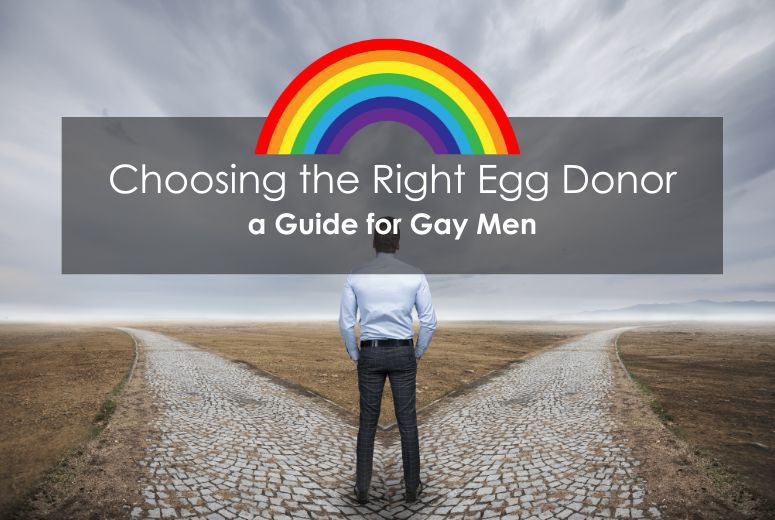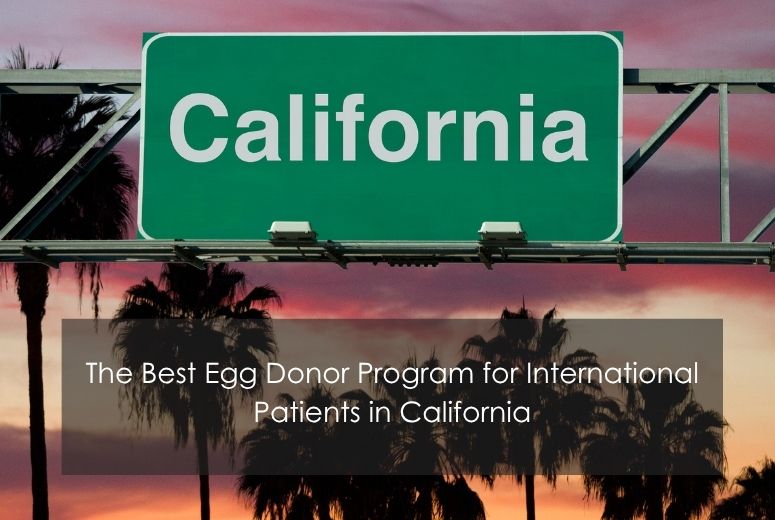Egg donation is often thought of in terms of financial compensation. However, the experience offers much more than monetary gain. At EggDonorsSanDiego.com, founded by Dr. Minoos Hosseinzadeh, egg donation is viewed as a deeply personal and transformative journey. Donors not only help intended parents achieve their dreams of having a child, but they also experience profound personal growth, emotional fulfillment, and health benefits.
Let’s explore the additional benefits of becoming an egg donor, including the legacy you create, the personal insights you gain, and the emotional connections that develop throughout the process.
What is Egg Donation?
Egg donation is the process where a woman donates her eggs to help others conceive. It involves a thorough medical and psychological screening to ensure the donor and recipient have the best chance of success. As Dr. Hosseinzadeh explains, “Egg donation is a gift that goes far beyond the physical. It is about creating families and bringing happiness to those who are struggling with infertility.”
Through the Egg Donor Matching Process, intended parents carefully review egg donor profiles to find the right match based on health, background, and other important factors. After a match is made, the donor goes through the egg donation steps, which include medical appointments, ovarian stimulation, and egg retrieval.
How Does the Egg Donation Process Work?
The egg donation process is highly organized and begins with a screening phase to ensure the donor meets all the required egg donor criteria. This screening includes medical, genetic, and psychological evaluations to ensure the donor is healthy and well-suited for the procedure.
Once a donor is approved, she undergoes several medical appointments and takes fertility medications to stimulate egg production. At each stage, donors receive comprehensive care and guidance from professionals at clinics like the Fertility Institute of San Diego.
The donor matching process is approached with great care. “Matching the right donor to the right recipient is an art form,” says Dr. Hosseinzadeh. “It involves understanding both parties’ medical and emotional needs to ensure the best possible outcome.”
Why Do Women Become Egg Donors?
While financial compensation is a significant motivator, many donors report that the emotional rewards far outweigh the financial benefits. Becoming an egg donor allows women to make a lasting contribution to someone’s life by helping them become parents. Many donors speak about the profound sense of purpose and fulfillment that comes with knowing they’ve helped create a family.
“By donating your eggs, you’re leaving behind a legacy,” says Dr. Hosseinzadeh. “You’re offering someone the chance to experience the joy of parenthood—a gift that lasts a lifetime.”
Additionally, egg donation provides donors with a deep understanding of their own reproductive health. The comprehensive medical screenings involved offer invaluable insights into their fertility and overall health, which many donors appreciate.
Who Can Become an Egg Donor?
The ideal egg donor is someone between 21 and 32 years old, in good health, and free from genetic disorders. Beyond these physical requirements, successful egg donors are often compassionate, empathetic, and motivated by a desire to help others.
“Egg donors aren’t just individuals going through a procedure,” says Dr. Hosseinzadeh. “They’re women with a unique ability to empathize with those struggling to conceive. That empathy is what drives them to be a part of this life-changing process.”
When Does the Egg Donation Process Begin?
Timing is crucial in egg donation. Donors follow a detailed schedule leading up to the egg retrieval procedure, and fertility specialists work closely with them to ensure everything goes smoothly.
Though the process can be time-consuming, donors often find that the experience not only benefits the recipient but also fosters a sense of personal accomplishment and discipline.
Are There Any Symptoms or Side Effects?
It’s normal for donors to experience mild symptoms during the ovarian stimulation phase. Some common side effects include bloating, mood swings, or mild discomfort. However, these symptoms are generally short-lived.
“At the Fertility Institute of San Diego, we take great care in monitoring our donors closely,” says Dr. Hosseinzadeh. “We ensure their comfort and health throughout the process so that any side effects remain minimal.”
What Are the Risks and Complications?
Like any medical procedure, egg donation comes with risks, though complications are rare. One potential risk is Ovarian Hyperstimulation Syndrome (OHSS), a condition where the ovaries respond too vigorously to fertility medications. However, with careful monitoring, the likelihood of developing OHSS is minimized.
How Are Risks Prevented?
Regular monitoring and a tailored approach to fertility medications help reduce the risks involved in egg donation. Fertility clinics like the Fertility Institute of San Diego take every precaution to ensure donors are cared for every step of the way.
What Does Egg Donation Really Cost?
While the financial compensation is often highlighted, it’s essential to understand that donors also receive a full package of care. This includes medical exams, psychological counseling, and even coverage of travel expenses if necessary. Donors are fully supported, both emotionally and physically, throughout the process.
FAQs
Beyond the financial aspect, the greatest benefit is the emotional fulfillment that comes from helping others create a family.
Yes, egg donation is safe, especially when done at reputable clinics like the Fertility Institute of San Diego, where donors are closely monitored to minimize risks.
The egg donor selection process involves matching donors and recipients based on medical compatibility, genetics, and personal preferences.
No, donating eggs does not impact your long-term fertility. The eggs that are retrieved would otherwise naturally disintegrate.
Egg donors must meet specific egg donor requirements, including age, health status, and passing a genetic screening.
Becoming an egg donor is an opportunity to make a lasting impact, far beyond financial compensation. It’s about creating life, leaving a legacy, and gaining invaluable health insights along the way. As Dr. Hosseinzadeh emphasizes, “Egg donors are the unsung heroes of the fertility world. Their selfless contributions help create families and change lives.”
If you’re interested in learning more about the egg donation process or have questions about becoming a donor, Click Here to get started on your journey.









